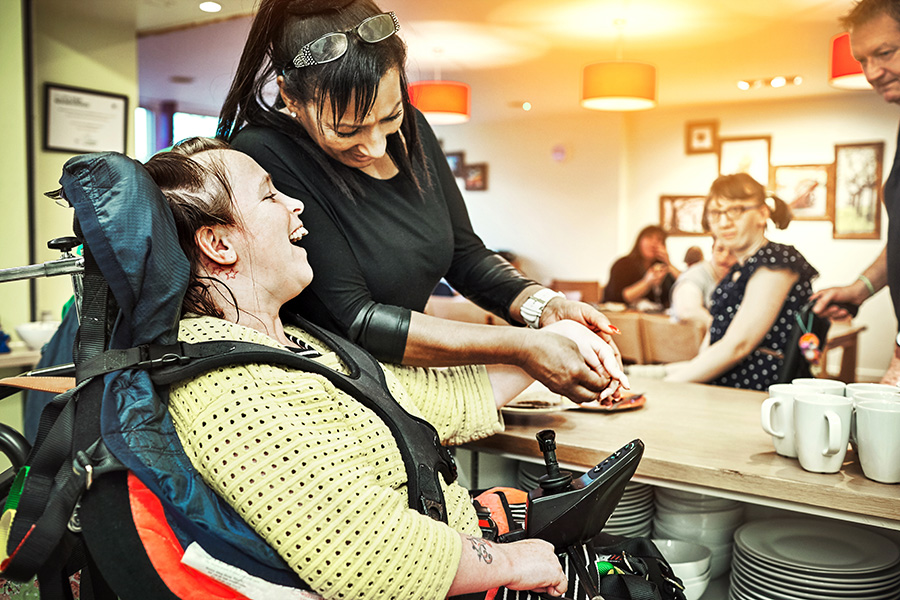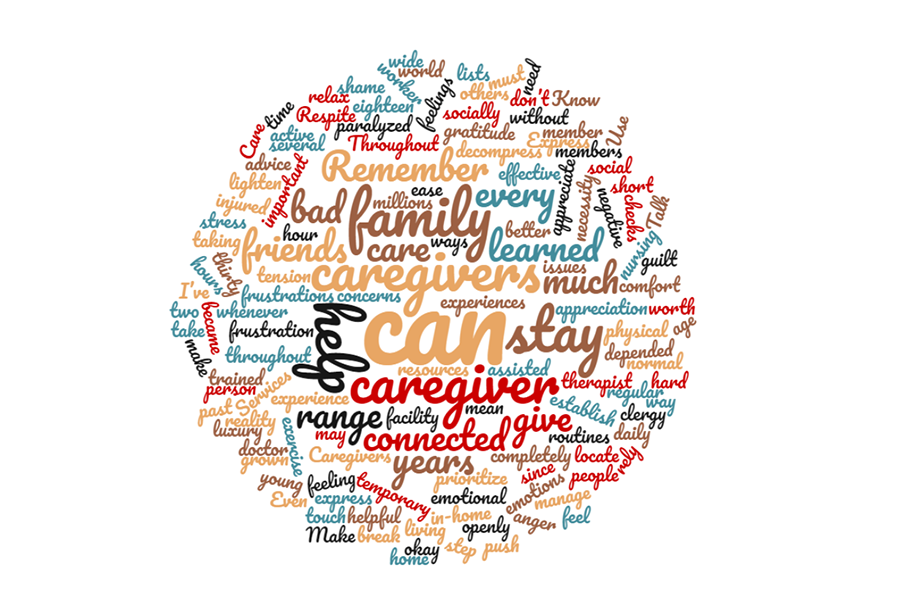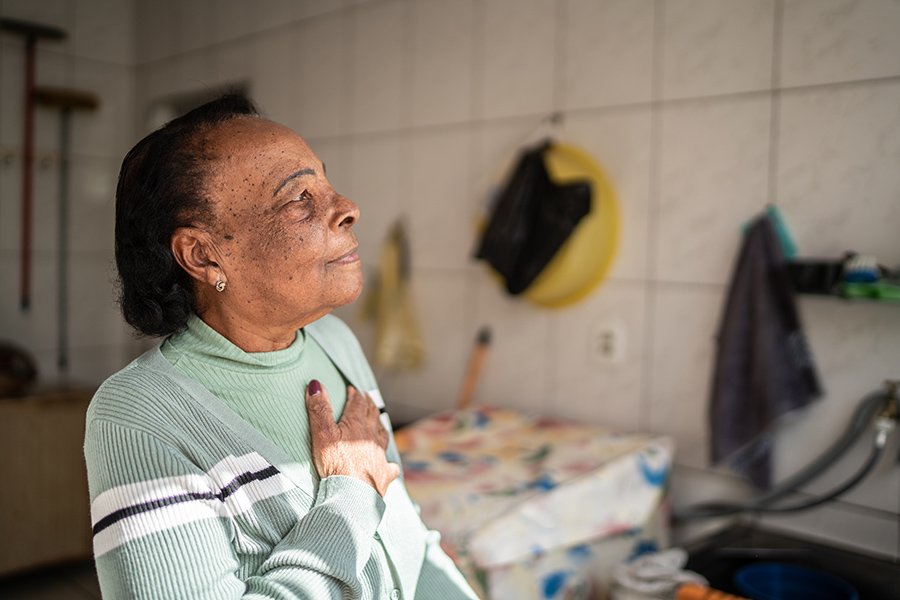Most people will be a caregiver for a loved one at some point in their lives, whether it’s for a child, a partner, a parent or a friend. At some point, every person is a patient navigating unknown waters, from the difficulties of childbirth to the unexpected illness or injury. Learning how to advocate for yourself or for your loved one can empower you during the most challenging health situations, giving you a sense of control. This type of empowerment can also help provide hope and resilience when so much else is out of your hands.
Loved ones play a critical role on a patient’s healthcare team. Those who advocate for their family member serve as a guiding light for their loved ones who are navigating medical treatment, making sure they understand their treatment and condition, and making sure they understand what everything means in terms of their overall care.
What Does It Mean To Advocate for Someone?
Medical settings can be intimidating for patients, when a person’s independence and self-direction are given over to the medical professionals providing care. When a patient enters a healthcare environment, the medical staff is in charge. They push the buttons, prescribe the medication, tell patients where to go and what to do, and have inside knowledge. Without the armor of our typical clothes, clad only in a hospital gown, patients can feel vulnerable and powerless. They may not know what’s going on, and the lack of control can be disconcerting. For a patient receiving medical care, bringing a trusted person with them who can help advocate on their behalf can help to ease any nervousness or intimidation.
Whether you’re a partner, child, parent, sibling or friend, being an advocate for a loved one receiving medical treatment means being willing to be an extra set of eyes and ears and to stand up for that person if necessary. You help ensure that they are receiving the medical attention and care they deserve, and you make sure that their voice is being heard. As their loved one, you may be less afraid to speak up and ask questions, whereas your loved one may feel embarrassed or worry about upsetting the doctor. Part of an advocate’s role is to help bring clarity on the diagnosis and proposed treatment options, and to support the patient in making informed choices.
How Can I Advocate for My Loved One?
Here are some key ways an advocate can help in a medical setting:
Be present during exams and medical appointments (with the your loved one’s permission), and take notes.
Take notes. If the health condition is chronic, family members can help keep track of details about the illness, how it has affected the patient, what treatments and medications have been administered, what tests or appointments are coming up, and so on.
Help answer questions. If it’s a sudden illness or pain, the advocate can help doctors in emergency situations by describing the changes in their loved one from their health baseline. A family advocate can also provide a secondary, objective perspective on what this condition seems to be doing to their loved one in need.
Ask questions. An advocate has the rights and the power to share their thoughts and questions with healthcare professionals. If you think a test might need to be done, wonder why a certain procedure is necessary, or have worries about medication side effects, ask for more information from your loved one’s medical team. It is your healthcare team’s responsibility to provide clarity.
Common question might include:
-
- What does that (word) mean?
- Can you tell us more about that (diagnosis/lab result/test/treatment option)?
- What will that test help determine?
- Can you explain the lab work to me?
- What are our next steps?
- What timeline is typical (for this diagnosis/treatment plan)?
- What does recovery look like?
- What is expected of my loved one?
- What is expected of the caregivers/advocate/family?
Speak up. Be respectful of the medical team, but also be tenacious. If you have questions or concerns, don’t give up until you get the answers you need to make sure your loved one gets the best possible care – and ask for clarification on anything you don’t understand. If you feel your encounters with any medical professionals aren’t going well, express those concerns. In many cases the entire tone of a healthcare interaction can change for the better once the doctor or care team is aware you or your family member don’t feel comfortable or have lingering questions. Healthcare professionals should welcome your constructive feedback and work to address your concerns with you.
Serve as the chief organizer. Keep an updated list of the your loved one’s medications, including frequency and dosage. If a new medication is recommended, look at what was prescribed, how much and why, and ask questions if you are concerned or unsure. An advocate also plays a key role in making sure all medical, legal and financial issues are taken care of, so that your loved one can just focus on what they need to do to get well.
Communicate the patient’s wishes. Although it can be a difficult conversation, sharing your loved one’s end-of-life wishes is helpful for the patient, the family and the medical team. Medical teams can better act in accordance with your loved one’s wishes if a clear discussion has previously taken place.
Advocates play an essential role for loved ones who are often at their most vulnerable. They can help a patient navigate a complex medical system, and ensure that they receive the quality and types care they want and need. As an advocate, you must have the strength and trustworthiness to speak on behalf of your loved one during a difficult and vulnerable time, while providing emotional stability and support. For more caregiver support, visit our Caregivers Community.
Sources include:






















